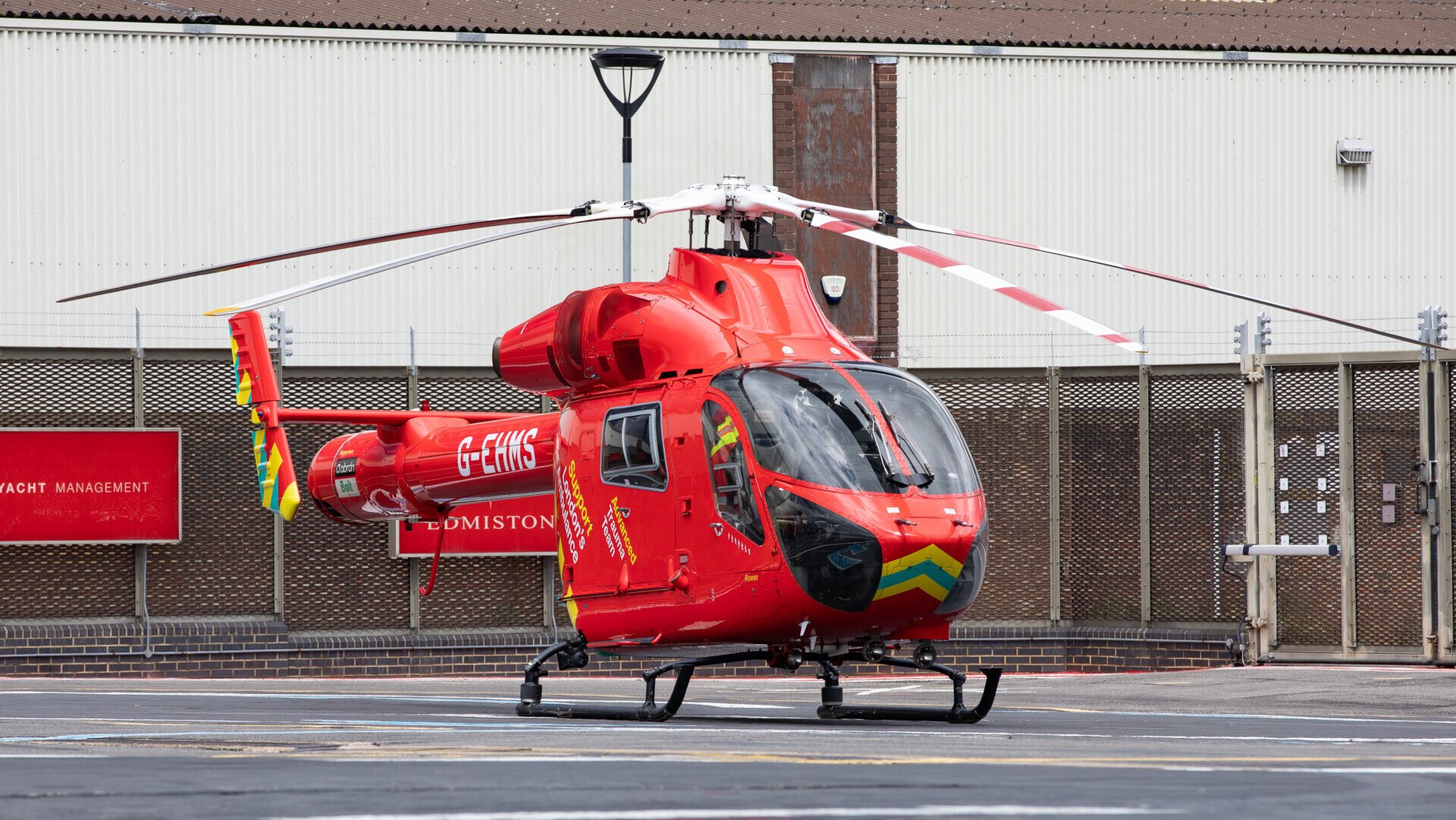Six motorcyclists rode into Death Valley National Park on July 6. Only five came out alive. With temperatures reaching 128 degrees Fahrenheit in California, the cyclists faced extreme heat exposure that killed one and sent another to a local hospital, according to the National Park Service.
When there’s a medical emergency like this, helicopters are typically dispatched to get people to a hospital. However, the extreme heat made it impossible for the helicopters to fly.
The next day, an emergency helicopter pilot in Stanford, California had to cancel a flight because the tarmac near a patient was too hot for him to land. As reported by The Washington Post on Wednesday, the pilot said he’d never seen temperatures this bad in his 27-year career.
Extreme heat, as many across the U.S. are experiencing this summer, can cause computer and mechanical systems on board helicopters to overheat and malfunction. But it’s not just a mechanical issue as air pressure is also a factor. Air expands when it’s hot and contracts when it’s cold. As it gets hotter outside, air pressure plummets. The air literally gets thin which means that spinning helicopter blades have less air to cut through and it’s harder for them to achieve lift. That makes it dangerous, and sometimes impossible, to fly.



Oh no, what a tragedy, are they saying golfers in the Death Valley have to travel by car like plebs?!
It’s only to get to their private jets in an airfield immediately next to it, but the humanity!!
(Not the Devils Golf Course, thats just named that, the actual thing is in the lowermost point, in ‘Furnace creek’)
Death Valley is not going to be the only place where this is an issue. It could even be an issue where you live at the height of summer.
The climate change & weather models didn’t change all that much in the last 70 years, they just became way more precise & can predict changes very locally (more input data and better computers).
Insurance companies use grids of a few 100km.
My region is getting periods of more serve precipitation (with hailstorm increase) & more severe droughts (as in 3 to 4 weeks at a time), bcs of that some areas could become more prone to land/mudslides.
Temperature wise both summer and winter extremes are gonna get higher, but being and more importantly straying between fronts/systems should help ease things, a bit.
But most importantly, I do not have a habit of traveling by helicopters, tho medical transports will suffer, yes.
Putting that at the end like it’s an afterthought when it’s one of the biggest problems is ridiculous. Someone already died because of this problem. It’s going to continue to be a problem where people will die because of that. I’m not sure why you think that isn’t a big deal.
Also, I grew up in the state I’m living in now after not living here for a decade. The difference in summer heat is not minor. We never used to have summers this hot for this long when I was a kid. We had a week last month where the temperature was above 95 every day. Also true for this week. Temperatures in the 90s in June were enough news to make the paper beyond the weather section when I was a kid.
The sun’s only been up for an hour and it’s already 76 degrees. Again, that is not even close to normal when I was growing up. So telling me that it hasn’t changed all that much in the last 70 years when I’ve experienced that change myself over less than 50 is not especially convincing.